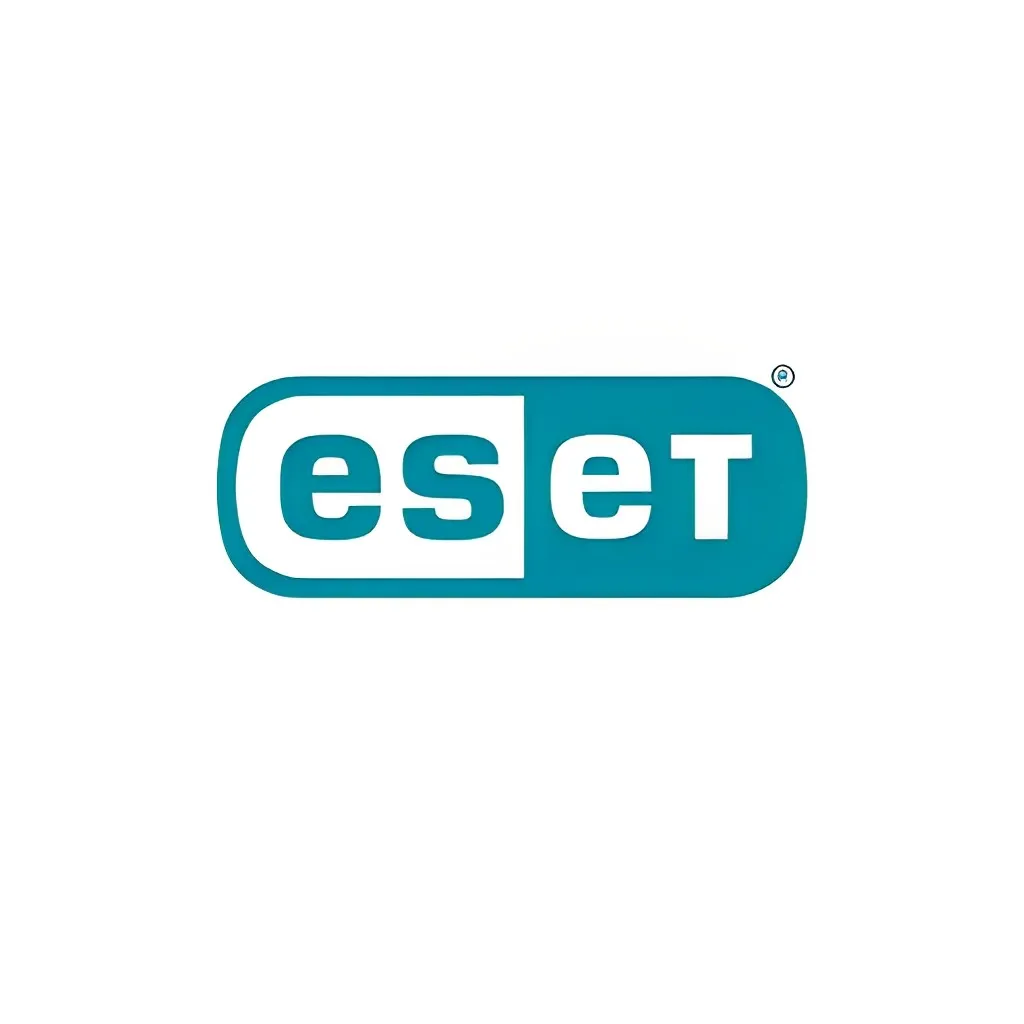ESET, a global leader in cybersecurity, today announces the launch of the Progress Personas psychometric test, developed in partnership with The Myers-Briggs Company, a pioneer in personality and professional development assessments. The test is designed for the curious and inquisitive, with the questionnaire allowing individuals to identify where they fit on the scale of visionary thinkers.
The Progress Personas test is designed to understand what makes people tick, innovate, and push society forward. After responding to a series of short questions, individuals will be provided with a bespoke report outlining the likely strengths and weaknesses of their forward-thinking personalities. The reports detail the specific innovative persona type they fall into, including The Changemaker, Flex Fury, Authentic Dynamo, Power Pro, Firestarter, Captain Conventional, Doctor Constant, The Chameleon, or The Inventor.

“We live in a changing world where we need to adapt and be resilient in order to progress. ESET believes that any inquiring mind has a role to play in contributing to progress that keeps the world turning,” comments Ignacio Sbampato, Chief Business Officer at ESET. “Everyone has different ways of being progress-minded. This psychometric test will highlight an individual’s forward-thinking persona and provide hints and tips to help reach their full potential. We’re excited to be partnering with a respected institution like The Myers-Briggs Company, to bring something insightful and fun to our global audience.”
“ESET places immense importance on the development of science and technology around the world. Whilst progress comes in many shapes and forms, it is important to protect it. ESET is proud to have been at the forefront of protecting progress for more than three decades,” adds Sbampato.
The psychometric test was developed in coordination with the company that publishes the famed Myers-Briggs Type Indicator® (MBTI®) assessment that reveals the differing psychological preferences in how people perceive the world and make decisions. The MBTI assessment indicates a person’s preference in four separate categories: Extraversion or Introversion, Sensing or Intuition, Thinking or Feeling, and Judging or Perceiving. The framework was developed in the 1940s by Katharine Cook Briggs and her daughter, Isabel Briggs Myers, who were inspired by Swiss psychiatrist Carl Jung’s book Psychological Types.






